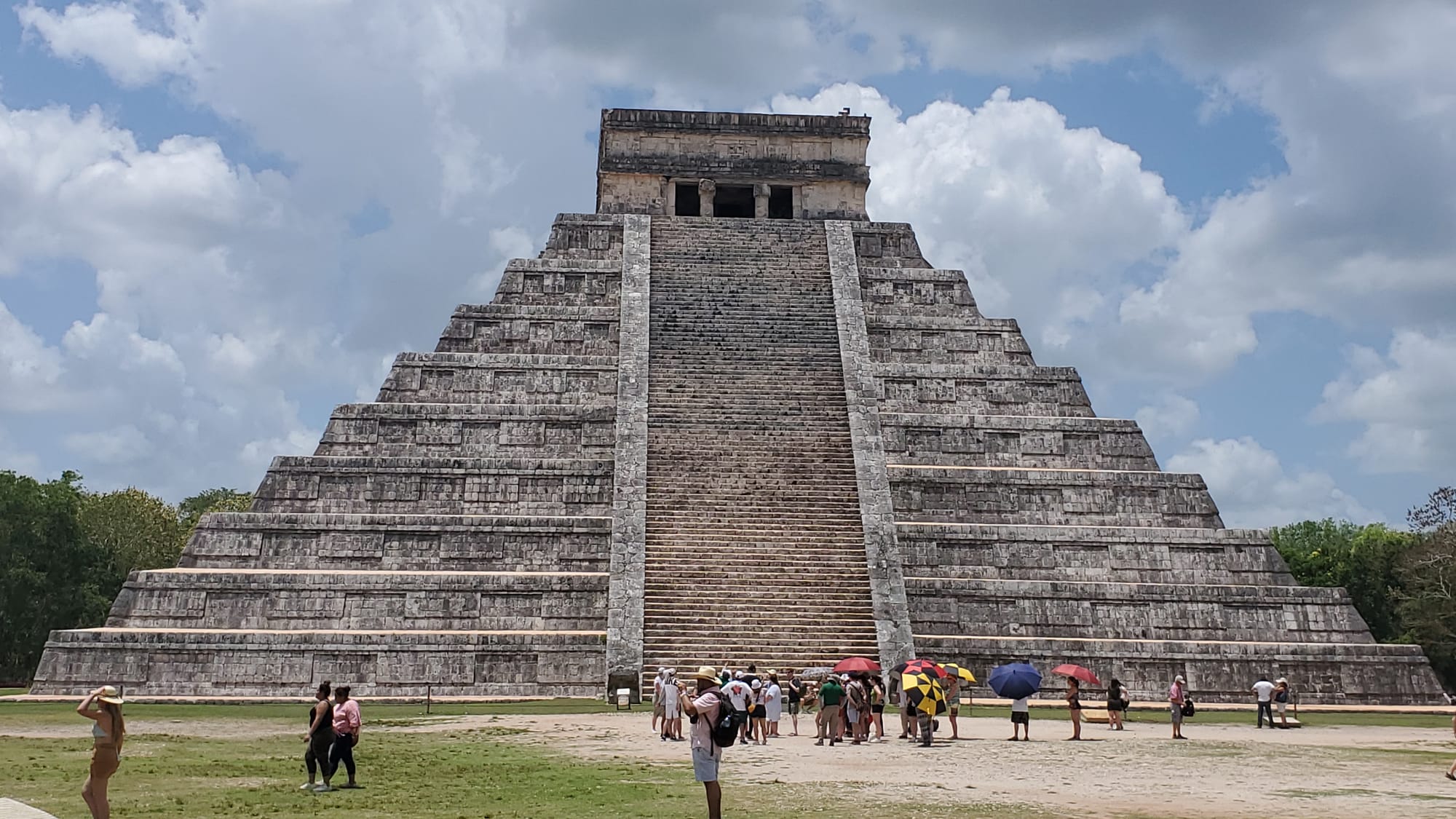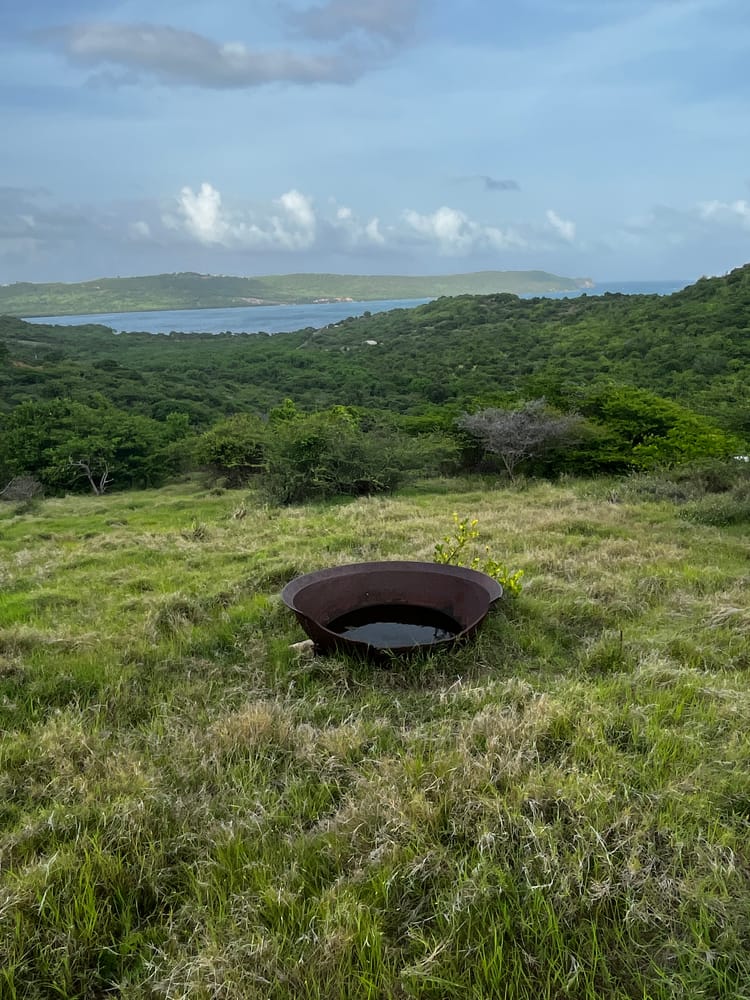Spring Equinox Celebrations

Will it get warmer? As the Earth tilts closer to the sun, celebrating the arrival of spring in the Northern Hemisphere, various cultures around the world mark this moment with unique and fascinating celebrations. I mark it by shedding layers of clothes. The spring equinox, occurring on March 20th or 21st annually, symbolizes new beginnings, fertility, and renewal. Here’s a look at how different cultures celebrate this astronomical event:
Stonehenge, England: Stonehenge's ancient stones align with the sunrise on the spring equinox, attracting druids, pagans, and tourists alike. This mystical event offers a glimpse into the past, showing how ancient civilizations marked the changing seasons.
Chichen Itza, Mexico: The Mayan temple of Kukulkan at Chichen Itza hosts a captivating phenomenon during the equinox. As the sun sets, a shadow falls on the pyramid as a serpent, symbolizing the feathered serpent god Kukulkan descending to Earth. If you have watched the movie Wakanda Forever, you know this already.
Japan: In Japan, the spring equinox, or Shunbun no Hi, is a national holiday. People celebrate by visiting family graves, holding family gatherings, and appreciating nature's beauty, particularly cherry blossoms that begin to bloom around this time.
Iran: Nowruz, the Persian New Year, coincides with the spring equinox. Marking the first day of Farvardin, the Iranian calendar's first month, Nowruz is celebrated with elaborate table settings known as Haft-Seen, symbolizing rebirth and prosperity.
Useful Links for Spring Equinox Celebrations
- Stonehenge Equinox Details**: English Heritage - Stonehenge
- **Chichen Itza Equinox Phenomenon**: Visit Mexico - Chichen Itza







Member discussion